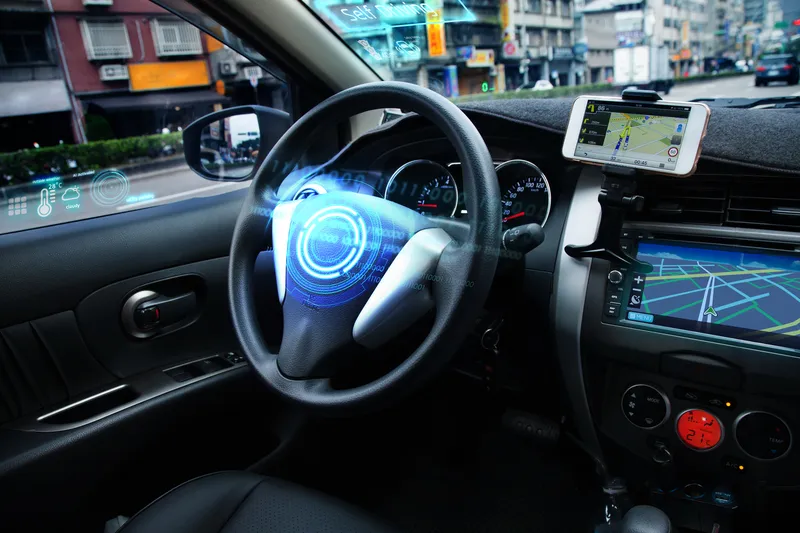
BumpRecorder of Japan will be at the 2015 ITS World Congress with an innovative system that can evaluate road roughness, using only a smartphone.
A user simply drives a passenger car with BumpRecorder installed on a smartphone and it will record vehicle vibration without the need for any special equipment.
Recorded data is uploaded to the BumpRecorder Web server - road roughness to level 2 IRI (International Roughness Index) and original bump index will calculate in 5-10 minutes, and it will be displayed via mapping on the web map window.
The company states that BumpRecorder does not require calibration driving before actual roughness measurement driving gets under way. This is because vehicle vibration specification is analysed automatically using recorded acceleration data. The company claims that the class 2 IRI values provided by the system are stable, even if vehicle type and driving speeds are different.
The BumpRecorder App for Android smartphone is free to download from Google Play. There is a data analysing fee which is a fixed amount for a management area and within that area, measurement distance is unlimited.










